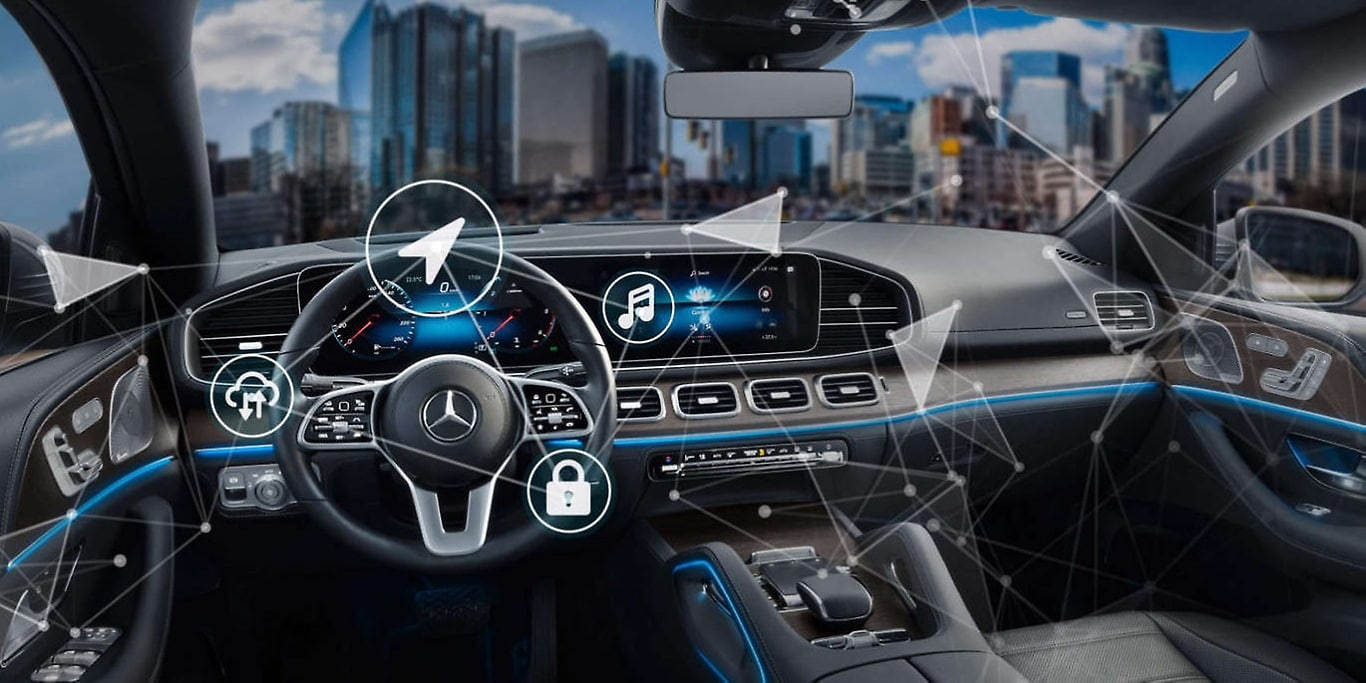The handling of data must be sustainable
Even though the Internet itself has developed far beyond its early stages, the opportunities that digital technologies will offer us in the years ahead — in the era of 5G technology — are only at the beginning of their development. That makes it all the more important to keep in mind not only the undoubtedly important aspect of CO2 neutrality – but also the questions regarding digitalization against the background of sustainability. Only recently, the German Advisory Council on Global Change (WBGU) emphasized the urgency of also making digitalization more sustainable. “The global digital transformation should be structured in such a way that it supports the implementation of Agenda 2030 and its global sustainability goals,” wrote the experts.
Agenda 2030 was agreed on by all the member states of the United Nations at a summit meeting held in September 2015. It is meant to lay the groundwork for efforts to shape worldwide economic progress in harmony with social justice within the framework of the Earth’s ecological limits. In its Charter for a Sustainable Digital Age, the WBGU follows up on the Agenda 2030 and even goes one step further by insisting that the use of digital technology also involves obligations.
Its use should also serve the general good. Digital solutions must not be used to oppress people, conduct unjustified surveillance or exert social control. “All human beings have the right to a digital identity, sovereignty, data protection, and privacy.” All states and companies shall “actively work to minimize risks to critical infrastructures.”
In the “Ambition 2039” program it formulated this year, Daimler does not outline any new sustainability strategy. Instead, we elaborate on the basic concept that companies will have a future only if they implement a sustainable corporate strategy. One aspect of this strategy is that Mercedes-Benz’ fleet of new vehicles will become CO2 neutral within the next 20 years. But a sustainable corporate strategy goes beyond that. It will include not only climate protection but also elements such as resource conservation, traffic safety, human rights, and the responsible handling of data.
That’s because one thing is clear: In the mobility of the future, connectivity and digitalization will play a decisive role in areas such as automated and autonomous driving and new services. At Daimler we are supporting these developments with a holistic data governance approach to the responsible handling of data. In the process we want to offer our customers not only new services but also comfortable and secure data handling, so that they can continue to drive their Mercedes vehicles with the greatest possible safety and security.




